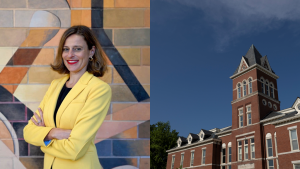
Aug. 19, 2025
Leveraging technology to transform engineering education
A $2.5 million collaboration between Mizzou and UConn aims to personalize learning for more engineering students.
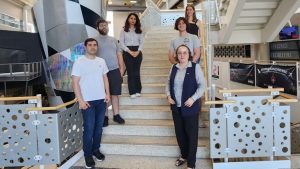
Aug. 5, 2025
Computer science major explores undergraduate research
This summer, Vince Paino took a deep dive into interdisciplinary research to discover ways artificial intelligence can better serve humanity.
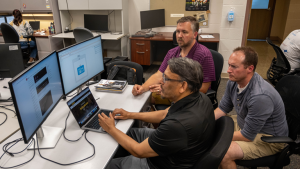
Aug. 1, 2025
Mizzou Engineering shares advanced technology with local educators
Columbia teachers will learn to use a national research computing platform to teach kids about artificial intelligence.

July 28, 2025
Using AI to improve energy efficiency for campuses nationwide
Mizzou Engineering researchers harness machine learning to transform energy management at large universities.

July 17, 2025
Master’s student wins app competition at IISE conference
RJ Morrison’s app integrates AI to help users build, interact with and understand complex simulations without advanced technical expertise.
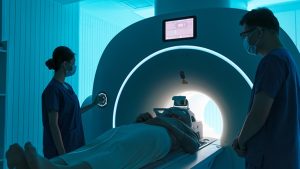
June 27, 2025
Showing a better heartbeat
An AI-assisted model developed by Mizzou researchers allows doctors to better observe the heart and how it beats, contracts and pumps.

June 9, 2025
Using AI to make video games more exciting
One group of Mizzou IT students integrated artificial intelligence (AI) into a video game to make it less predictable and increase immersion into their virtual world.
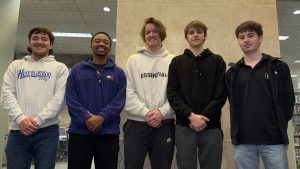
June 2, 2025
Mizzou computer science students develop AI music mixer
Five computer science students developed a new artificial intelligence (AI) model to revolutionize how people consume music.
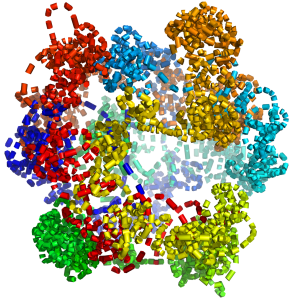
May 28, 2025
New AI tool reveals single-cell structure of chromosomes in 3D
A breakthrough at Mizzou Engineering could help scientists better understand how genes work — and how certain types of cancer develop.

May 21, 2025
Study explores how to use AI to listen to the ‘heartbeat’ of a city
Mizzou researchers develop an artificial intelligence tool that analyzes public Instagram posts to aid city safety, services and emergency response.